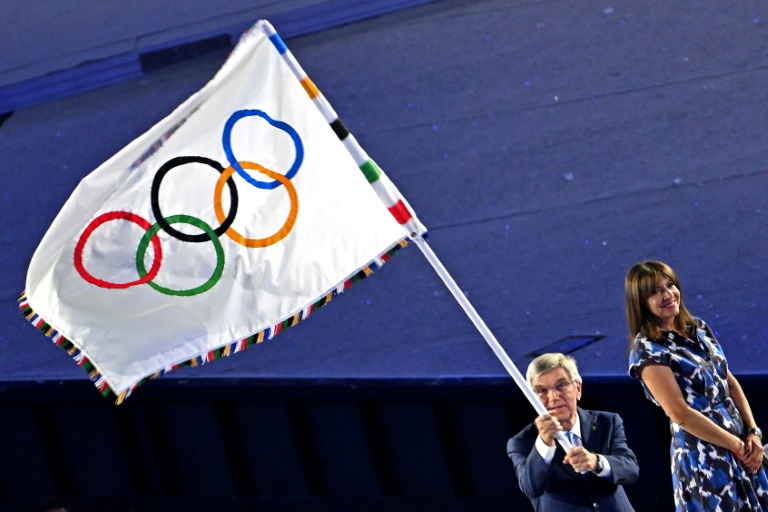You can check out — but you still have to pay! Norway is looking for ways to hang onto its ultra-rich who are increasingly moving abroad to escape one of the rare European countries to impose a wealth tax.
Industrialist Kjell Inge Rokke, former cross-country ski legend Bjorn Daehlie, and the father of football star Erling Haaland are among the dozens of super-wealthy who have packed up and left in recent years.
The reason? The centre-left government in power since 2021 has hiked the wealth tax from 0.85 percent to one percent — and to 1.1 percent for the very wealthiest — and raised the dividend tax.
Norway, Spain and Switzerland are the only European countries that have a tax on net wealth. In Norway it also applies to unrealised capital gains (gains not yet realised through the sale of shares, for example).
Owners of companies are among those hit hardest, often drawing a modest salary even though their company has a high value.
“If your salary is one million and you have to pay three million in (wealth) tax, it’s clear that it’s untenable,” said Tord Ueland Kolstad, a real estate magnate who “grudgingly” moved to Lucerne, Switzerland in 2022.
“The system is designed so that it confiscates more than what you can produce,” he said.
To pay a wealth tax which can exceed their yearly income, entrepreneurs often need to take out dividends, hampering their company’s capacity to invest.
And those dividends are also subject to a tax rate of 37.84 percent.
“So basically you have two options: either leave Norway, or sell your company,” said Kolstad.
Between 2021 and 2023, more than 100 of Norway’s wealthiest people went into exile, with the large majority relocating to Switzerland.
Others transferred their wealth to heirs already residing abroad, as Norway does not have inheritance tax.
Labour Prime Minister Jonas Gahr Store has criticised the mini-exodus, stressing that taxes are what pay for Norway’s generous welfare system.
“When you’ve made your wealth in Norway, put your kids in school, benefitted from the health care system, driven on the roads and reaped the rewards of its research, it’s a breach of the social contract,” he said in a speech in parliament.
The government is now working to tighten the country’s “exit tax”.
People who move abroad would have 12 years to pay the exit tax — also 37.84 percent of gains made in Norway from shares and other sources over many years — that has until now been easy to circumvent or defer.
“The aim is that gains made in Norway be taxed in Norway,” explained Erlend Grimstad, a state secretary in the finance ministry.
“Our nurses and teachers have to hand over a large share of their earnings to society in the form of taxes,” he said.
“If they see that the most well-off can simply avoid contributing their share by leaving the country, that undermines the legitimacy of the tax system.”
That does little to quell the anger of the ultra-rich.
Christer Dalsboe, who started his own company, made buzz on social media recently singing a little ditty discouraging other entrepreneurs from starting businesses in the country.
“Don’t come to Norway, We will tax you till you’re poor. And when you have nothing left, We will tax you a little more,” he sang, sitting at a piano.
The liberal think tank Civita said the government’s plans to tighten the “exit tax” were in reality aimed at setting up roadblocks for millionaires and billionaires.
“Instead of attacking the reasons that push them into exile, meaning easing the tax burden on Norwegian shareholders, they seem to prefer to set up regulatory obstacles,” said Civita economist Mathilde Fasting.
In Lucerne, Tord Ueland Kolstad said he can receive “several calls a week” from other Norwegians considering moving to Switzerland.
“The flow has not stopped. Maybe it is just beginning.”
AFP







